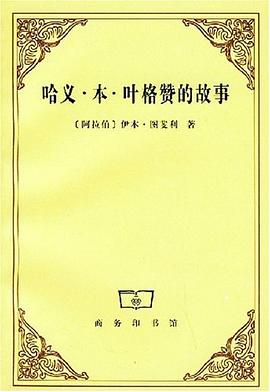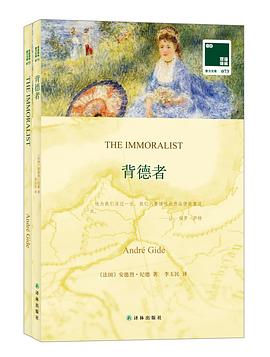History and Class Consciousness
内容简介
This is the first time one of the most important of Lukacs' early theoretical writings, published in Germany in 1923, has been made available in English. The book consists of a series of essays treating, among other topics, the definition of orthodox Marxism, the question of legality and illegality, Rosa Luxemburg as a Marxist, the changing function of Historic Marxism, class consciousness, and the substantiation and consciousness of the Proletariat.Writing in 1968, on the occasion of the appearance of his collected works, Lukacs evaluated the influence of this book as follows:"For the historical effect of History and Class Consciousness and also for the actuality of the present time one problem is of decisive importance: alienation, which is here treated for the first time since Marx as the central question of a revolutionary critique of capitalism, and whose historical as well as methodological origins are deeply rooted in Hegelian dialectic. It goes without saying that the problem was omnipresent. A few years after History and Class Consciousness was published, it was moved into the focus of philosophical discussion by Heidegger in his Being and Time, a place which it maintains to this day largely as a result of the position occupied by Sartre and his followers. The philologic question raised by L. Goldmann, who considered Heidegger's work partly as a polemic reply to my (admittedly unnamed) work, need not be discussed here. It suffices today to say that the problem was in the air, particularly if we analyze its background in detail in order to clarify its effect, the mixture of Marxist and Existentialist thought processes, which prevailed especially in France immediately after the Second World War. In this connection priorities, influences, and so on are not particularly significant. What is important is that the alienation of man was recognized and appreciated as the central problem of the time in which we live, by bourgeois as well as proletarian, by politically rightist and leftist thinkers. Thus, History and Class Consciousness exerted a profound effect in the circles of the youthful intelligentsia."George Lichtheim, also in 1968, writes that "...The originality of the early Lukacs lay in the assertion that the totality of history could be apprehended by adopting a particular 'class standpoint': that of the proletariat. Class consciousness;not indeed the empirical consciousness of the actual proletariat, which was hopelessly entangled with the surface aspects of objective reality, but an ideal-typical consciousness proper to a class which radically negates the existing order of reality: that was the formula which had made it possible for the Lukacs of 1923 to unify theory and practice."
......(更多)
作者简介
......(更多)
目录
......(更多)
读书文摘
(第49页)唯物主义辩证法是一种革命的辩证法。……更重要的是需要发现理论和掌握群众方法中那些把理论、把辩证方法变为革命工具的环节和规定性。还必须从方法以及方法与它的对象的关系中抽出理论的实际本质。否则“掌握群众”(黑格尔:“理论一经掌握群众,也会变成物质力量。”——笔者注)只能成为一句空话。群众就会受完全不同的力量驱使,去追求完全不同的目的。
正统马克思主义并不意味着无批判地接受马克思研究的结果。它不是对这个或那个论点的“信仰”,也不是对某本“圣”书的注解。恰恰相反,马克思主义问题中的正统仅仅是指方法。它是这样一种科学的信念,即辩证的马克思主义是正确的研究方法,这种方法只能按其创始人奠定的方向发展、扩大和深化。而且,任何想要克服它或者“改善”它的企图已经而且必将导致肤浅化、平庸化和折中主义。
......(更多)






![Get Rid of your Accent [British-English]](/img/202209/8e0cf03f-a797-4b41-a265-2f0d0f7d6e65.jpg)